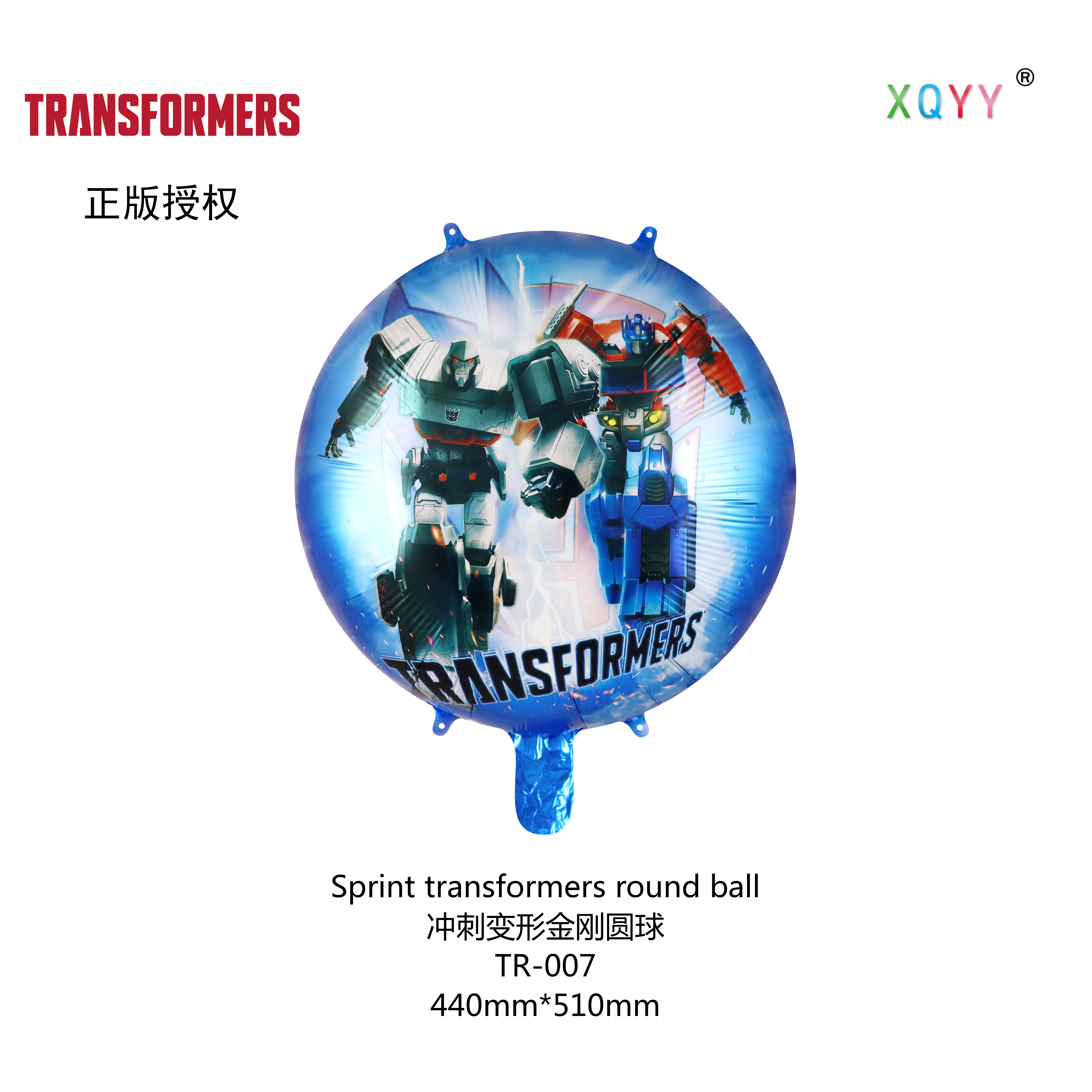Find more of the Art of Manliness:
If you’ve got a military buddy, you may have heard him spell something out using whole words that begin with each of its letters. Happy Birthday Balloons

For example, if he’s on the phone and needs to spell his name, he might say something like:
Juliet, Alpha, Charlie, and Kilo are words that are part of the military’s phonetic spelling alphabet.
Not only is this alphabet fun to know, but it can actually come in handy from time to time.
So read on for the civilian’s guide to this combatant’s code.
When militaries started using field telephones and two-way radios to communicate in the late 19th and early 20th century, poor connections and external noises would sometimes obscure the messages being exchanged. When lives and the fates of nations are on the line, you can’t afford any miscommunication.
To ensure that messages got through clearly, signalmen developed a system of words that represented each letter of the alphabet. In World War I, each branch of the US military had its own code. During WWII, the military developed the “Joint Army/Navy radiotelephony spelling alphabet” so that the forces could communicate smoothly when working together. The Joint Army/Navy alphabet of this era was different than the modern military’s version; for example, Alpha, Bravo, Echo, Romeo, and Sierra, which today respectively represent the letters A, B, E, R, and S, were rendered as Able, Baker, Easy, Roger, and Sugar back then.
While the American and British militaries had each developed different phonetic spelling alphabets, during WWII they began to combine and standardize their independent versions to streamline communication during joint operations. During this time, extensive research was conducted in which various possible words for each letter were tested to determine which offered maximum intelligibility under the intensely cacophonous conditions of battle.
In 1956, all NATO countries adopted a universal phonetic spelling alphabet, known as the ICAO International Radiotelephony Spelling Alphabet or just the NATO phonetic alphabet. (Some of the words are spelled a little differently in the US military, e.g., it uses “Alpha” rather than “Alfa.”) There are also phonetic alphabet numbers; a phonetic word represents each number, and some have distinctive pronunciations.
This phonetic spelling alphabet is not only used in the military, but sometimes in the realms of aviation, medicine, and amateur radio as well.
So why should civilians know the military phonetic spelling alphabet? Most of us probably aren’t radioing in the coordinates of enemy combatants while gunfire erupts in the background.
First, knowing military jargon and contexts like slang and ranks is just cool. Also, you see the phonetic alphabet pop up in your favorite war movies and military-themed video games, and it’s fun to be able to follow along.
Second, it can come in handy when you’re talking on the phone and need to make sure something gets spelled correctly. Your voice can sometimes sound garbled to the listener on the other end of the line. For example, it can be hard to distinguish between the sounds of B, V, T, and P; F and S; and M and N. While an A might be confused for a K, Alpha is never going to be confused with Kilo.
You probably already spell stuff phonetically over the phone. If the customer service rep asks how you spell your name, and your name is Brett, you might say something like “B as in boy, R as in rabbit, E as in elephant, and two T’s as in turtle.”
Well, with the military phonetic alphabet, you can spell things phonetically with a standard international system while sounding more badass.
Bravo.Romeo.Threw out.Tango.
Much cooler than boy, rabbit, elephant, turtle.
The military’s phonetic alphabet assigns each of the alphabet’s 26 letters a specific, distinct-sounding code word that begins with the letter itself. It runs like this:
Over the decades, soldiers have developed phrases that combine the code words in the military’s phonetic alphabet. Here are some common ones:
There you go. Now you know the military phonetic alphabet. Bravo Zulu!
Subscribe to the AoM Newsletter
Want to start taking action on the content you read on AoM?
Subscribe to the AoM Newsletter

Wholesale Party Supplies The Art of Manliness participates in affiliate marketing programs, which means we get paid commissions on editorially chosen products purchased through our links. We only recommend products we genuinely like, and purchases made through our links support our mission and the free content we publish here on AoM.